11 New Faculty Join Columbia Engineering
Meet the newest professors and lecturers at Columbia Engineering.
Columbia Engineering welcomed 11 new professors and lecturers to its faculty this fall, with expertise in diverse areas such as advanced materials, adult stem cell therapy, energy consumption in buildings, transport phenomena in porous media, the design of sustainable cities, genomic technologies, mobile computing and networks, and innovation in education, teaching, and learning.
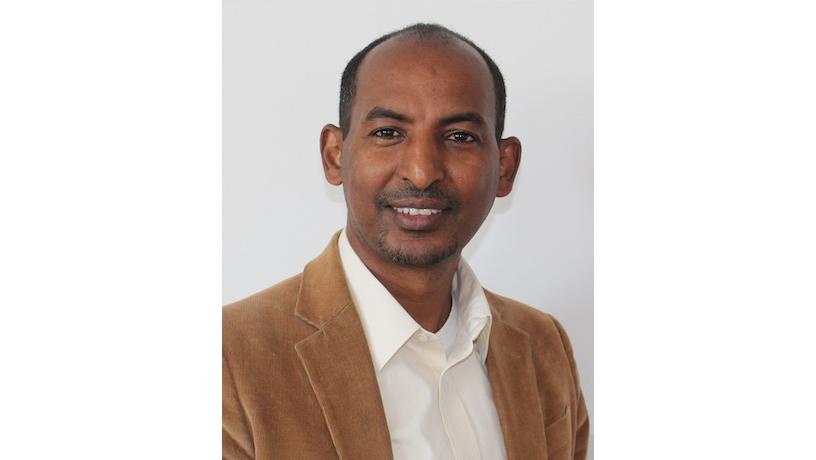
Addis Kane
Addis Kidane joined the Department of Civil Engineering and Engineering Mechanics as an associate professor in January 2022.
Kidane received his PhD from the University of Rhode Island in 2009 and his MS from the Indian Institute of Technology in Bombay, India in 2005 and his BS from Defense Engineering College in Ethiopia in 2001.
With a background in solid mechanics, his research is focused on the mechanics of advanced materials, including failure mechanisms, damage mechanisms, and the effect of nanoparticles on thermal and mechanical properties. He joined Columbia from the University of South Carolina where he was an associate professor of mechanical engineering. He was a postdoctoral scholar at the California Institute of Technology and a Fulbright Scholar in 2019. Kidane was a 2014 recipient of the Young Investigator Research Award from the U.S. Air Force Office of Scientific Research.
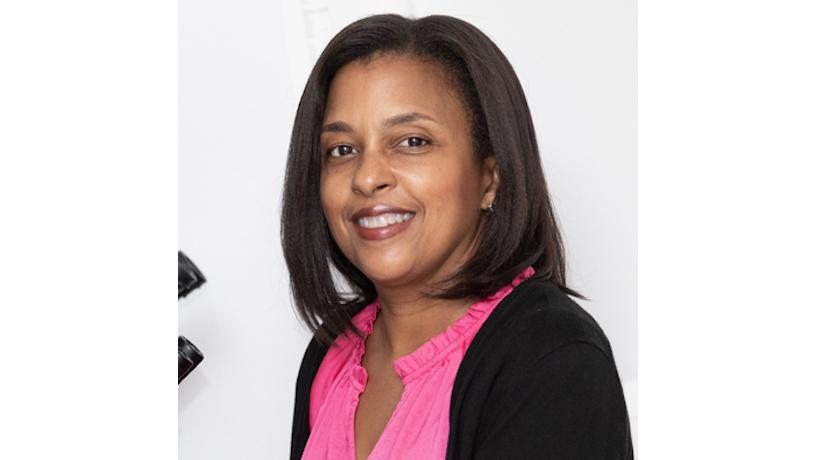
Treena Arinzeh
Treena Arinzeh joined the Department of Biomedical Engineering as a professor in July 2022.
Arinzeh received her PhD from the University of Pennsylvania in 1999, her MSE from Johns Hopkins in 1994, and her BS from Rutgers University in 1992.
An expert in adult stem cell therapy, Arinzeh’s most cited work to date has been in the use of allogeneic mesenchymal stem cells (MSCs) with a bioactive scaffold to induce bone formation in a large bone defect without the use of immunosuppressive therapy. This study served the basis for FDA approval to pursue clinical trials using allogeneic MSCs for various applications. Prior to Columbia, she was on the faculty of the New Jersey Institute of Technology, where she was one of the founding members of the Department of Biomedical Engineering. She worked for several years as a project manager at the stem cell technology company, Osiris Therapeutics, Inc. Her numerous awards include the National Science Foundation CAREER Award and the Presidential Early Career Award for Scientists and Engineers (PECASE). She is a fellow of the American Institute for Medical and Biological Engineering (AIMBE), the Biomedical Engineering Society (BMES) and the National Academy of Inventors (NAI). She has also made a significant impact in the recruitment and mentoring of underrepresented minorities and women in biomedical engineering and other STEM fields. She is currently the Director of Diversity for the NSF Science and Technology Center for Engineering MechanoBiology.
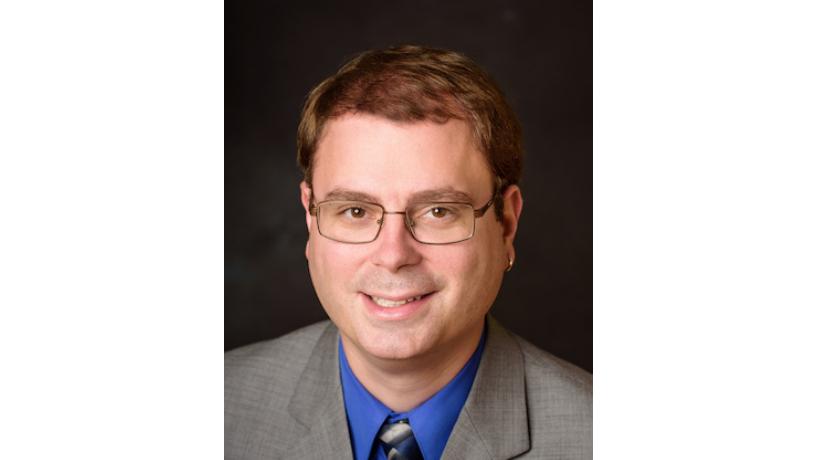
Brian Borowski
Brian Borowski joined the Department of Computer Science as a lecturer in discipline in July 2022.
Borowski received his PhD and his MS from the Stevens Institute of Technology in 2010 and 2004, respectively. He obtained a BS from Seton Hall University in 2001.
At Columbia, Borowski focuses on teaching and learning in computer science with a blend of theoretical and practical instruction. He teaches the courses “From Algorithmic Thinking to Development,” Data Structures, and Advanced Programming. He also serves on the Academic Committee for the undergraduate program in computer science. Previously an associate professor at Caldwell University in New Jersey, he has worked in industry as a software engineer and is the director of liturgical music at St. James of the Marches in New Jersey.
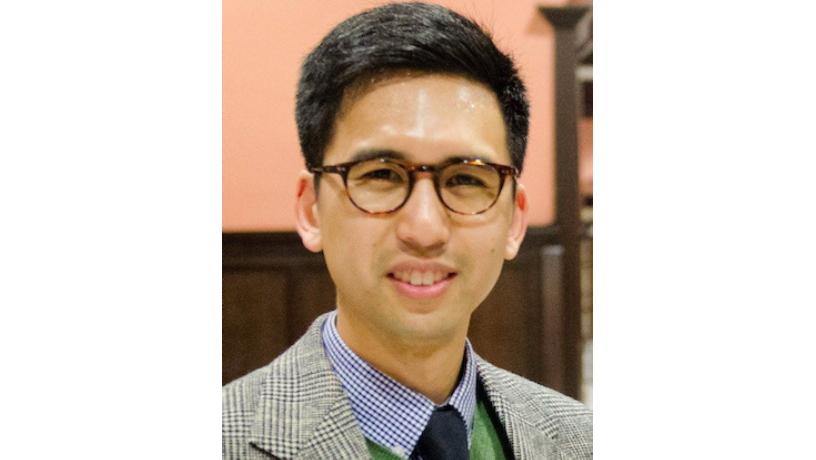
Christopher Vicente Hsin-Hung Chen
Christopher Vicente Hsin-Hung S. Chen joined the Department of Chemical Engineering as lecturer in discipline in July 2022.
Chen obtained an Executive MBA from Columbia Business School in 2022 and earned his PhD from Princeton in 2017. He graduated from Stanford University with a MS and BS in 2011.
Chen is focused on chemical engineering education and the training of engineering educators. His research looks at the importance of social and emotional elements of engineering training, and how to motivate students beyond the technical questions of "can we do this" towards the human challenges of "should we do this." He has over 10 years of experience working at university centers of teaching and learning, and continues to write on the educational development topics. Chen also serves on the national leadership team for the Center for the Integration of Research, Teaching, and Learning (CIRTL), a 40+ institution consortium committed to advancing STEM teaching in the US and Canada.
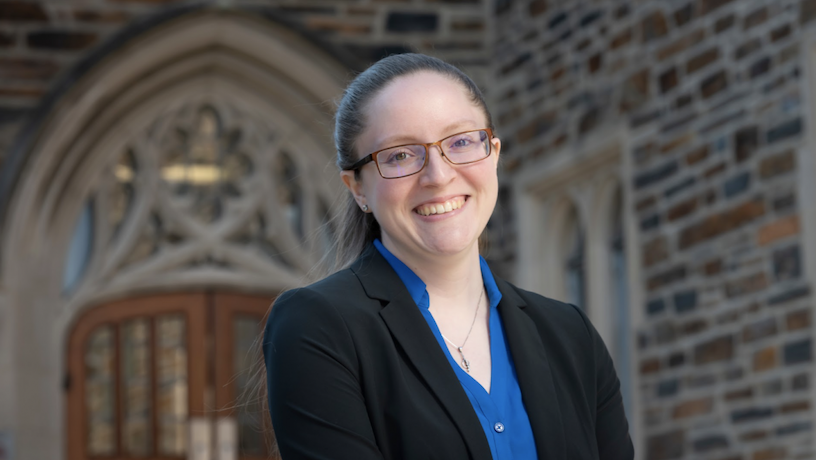
Lauren Heckelman
Lauren Heckelman joined the Department of Biomedical Engineering as a lecturer in July 2022.
Heckelman obtained her BSE (2016), MS (2017), and PhD (2022) from Duke University.
Her primary responsibility will be to teach and mentor undergraduate BME students. She aims to guide her students toward the next phase of their educational or professional journey by developing their critical thinking and problem-solving skills via hands-on learning activities and through individualized mentorship. Heckelman will teach a two-semester BME laboratory course sequence and a two-semester Senior Design course sequence. The BME laboratory courses are divided into smaller modules covering a wide range of biomedical engineering sub-disciplines including biomechanics, medical imaging, instrumentation, and bioelectricity, among others. Senior Design enables interdisciplinary groups of students to identify a need within the realm of biomedical engineering, brainstorm and assess potential solutions, develop multiple prototypes, and curate a business plan based on their product. Heckelman was awarded the 2022 Dean’s Award for Excellence in Teaching by the Duke Graduate School.
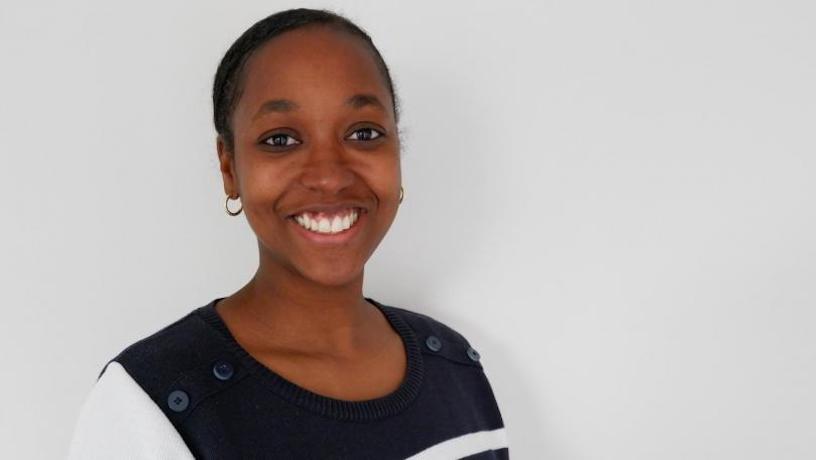
Bianca Howard
Bianca Howard joined the Department of Mechanical Engineering as an assistant professor in July 2022.
Howard received a PhD from Columbia Engineering in 2016, a MS from Columbia Engineering in 2011, and a BS from University of Nebraska-Lincoln in 2009. She completed a postdoc at Imperial College London.
Howard’s research focuses on developing modeling, optimization, and control techniques to estimate, forecast and manipulate the timing of energy consumption of buildings and their energy systems. The research aims to deliver impact on policy analysis, design and operation of buildings to deliver net-zero greenhouse emissions goals for communities, cities and countries. Recent research projects Dr. Howard has directed include: the development and evaluation of model predictive control approaches for delivering demand reduction from groups of electrically heated homes, the development of building occupancy models that incorporate the effects of the local urban environment, the review of the lack of validated urban building energy models for estimating time varying demand and the use of evolutionary algorithms to analyze the trade off between cost and emissions for the English housing stock under fuel poverty constraints. From 2018 to 2021, Howard was a UK Engineering and Physical Sciences Research Council (EPSRC) Innovation Fellow.
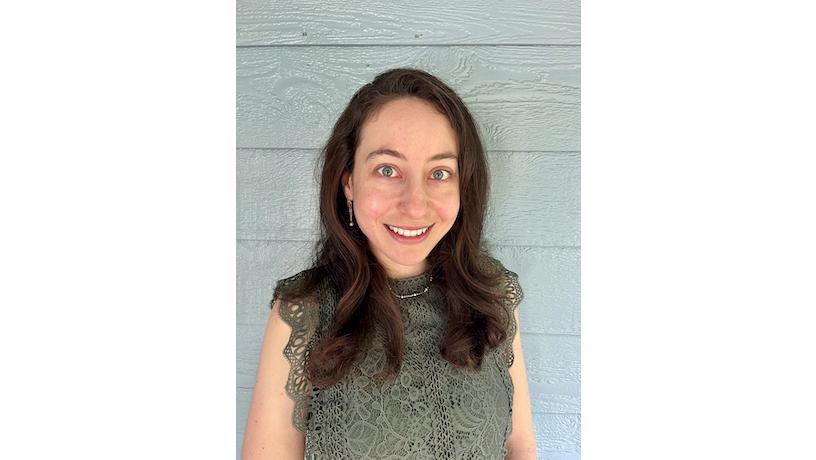
Shaina Kelly
Shaina Kelly joined the Department of Earth and Environmental Engineering as an assistant professor in July 2022.
Kelly received her PhD from the University of Texas-Austin in 2015, and her BSc from the University of Florida in 2011.
Kelly and her research team work on submicron to subsurface characterization of transport phenomena in porous media for sustainable energy applications. The transport of fluid, mass, and heat in natural and engineered porous media will play a critical role in the next frontier of sustainable energy practices, particularly subsurface activities such as geologic carbon and H2 storage and unconventional resource recovery. The Kelly Lab’s research approach uses a combination of laboratory rock core/sample analyses, microscopy, micro/nanofluidics, and computational fluid dynamics (CFD) characterization methods to address the following overarching research question: How do porous media heterogeneities (e.g., spatial changes in micro- and macroscopic compositional fabric, pore types, and surface chemistry), fluid-solid interactions, and unconventional properties (e.g., nano-confinement effects) impact critical fluid storage and deliverability properties and levers? Kelly’s 6+ years of industry experience includes roles as Senior Petrophysicist at ConocoPhllips Company and Senior Geoscience Engineer at AquaNRG Consulting Inc.
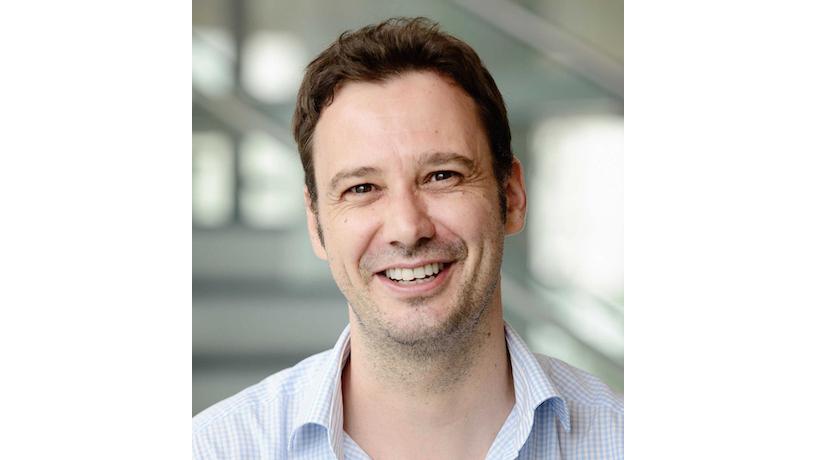
Markus Schlapfer
Markus Schläpfer joined the Department of Civil Engineering and Engineering Mechanics as an assistant professor in July 2022.
Schläpfer received his PhD (2010) and his MSc (2003) from ETH Zurich.
He is interested in the design of sustainable cities and uses a science-based understanding of cities for the design of people-centric, efficient and resilient urban infrastructures. The three pillars of his research are complex systems science, urban analytics, and infrastructure engineering. He has won First Prize of the Data for Development Challenge, and was a finalist for the Falling Walls Science Breakthrough of the Year. His work has been covered in the media worldwide, including the Scientific American, the New York Times, Le Monde, and Frankfurter Allgemeine Zeitung. Previously, he co-lead the 'urban digital transformation' program at the Center for Regional Economic Development (CRED) at the University of Bern in Switzerland, taught at the Nanyang Technological University (NTU) in Singapore, and was a principal investigator at the ETH Future Cities Laboratory (ETH-FCL) in Singapore.
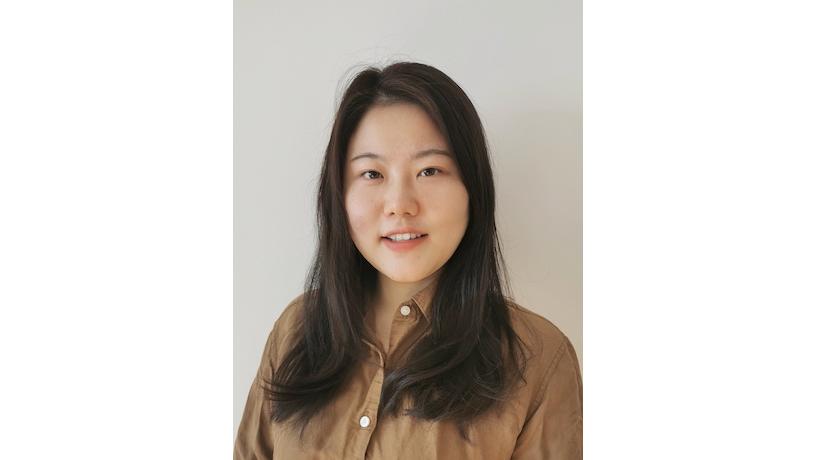
Shanyin Tong
Shanyin Tong joined the Department of Applied Physics and Applied Mathematics as an assistant professor in applied mathematics in July 2022.
Tong received her PhD in mathematics from New York University’s Courant Institute of Mathematical Sciences in 2022 and her BSc in computational mathematics from Peking University in 2017.
Her research focus is on applied and computational mathematics, in particular on uncertainty quantification, PDE-constrained optimization, optimization under uncertainty, rare events and inverse problems. The main applications driving her research are the hazard assessment of extreme tsunami waves, optimal portfolio allocations, and seismic inversion. Currently, She is also interested in using machine learning methods in scientific computing and uncertainty quantification. Tong was named a Rising Star in Computational and Data Sciences, and Finalist of Best Paper for Young Researchers Prizes at the International Conference on Continuous Optimization in 2022. She received the Kurt O. Friedrichs Prize in 2022, the Bella Manel Prize in 2020, and was the recipient of the Isaac Barkey and Ernesto Yhap Fellowship in 2019. She is a member of the Association for Women in Mathematics and is a member of the Women Enhancing Technology (WeTech) Program. She teaches the multivariable calculus class this fall semester.
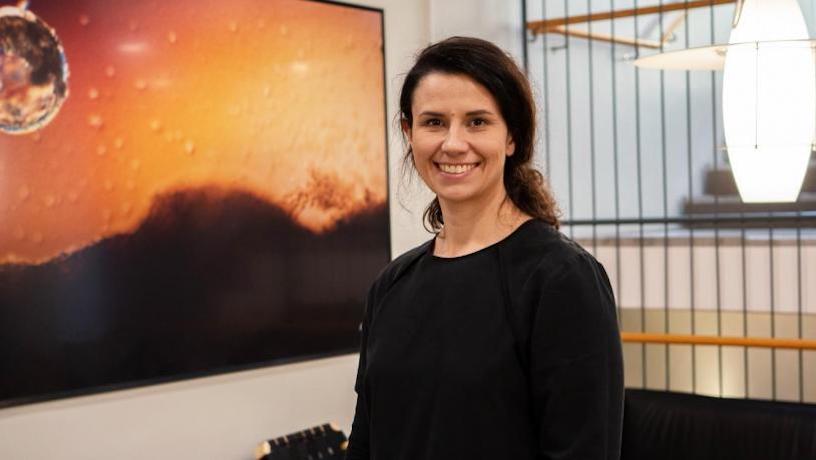
Sanja Vickovic
Sanja Vicković joined the Department of Biomedical Engineering as an assistant professor in July 2022.
She obtained her PhD (2017) and MSc (2011) from the KTH Royal Institute of Technology, Stockholm in Sweden and her BSc from the University of Zagreb in Croatia. She was a postdoctoral fellow at the Royal Institute of Technology, Stockholm, Sweden and a Wallenber Fellow at the Broad Institute of MIT and Harvard.
Dr. Vicković is a Core Faculty Member and Director, Technology Innovation Lab, at the New York Genome Center. She holds joint appointments at Columbia Engineering and the Herbert and Florence Irving Institute for Cancer Dynamics at Columbia University, and as a Wallenberg Academy Fellow of the Royal Swedish Academy of Sciences at Uppsala University.
She is an experienced and accomplished engineer and an inventor of the spatial transcriptomic technology called “Visium” and now commercialized by 10x Genomics. In addition to being a skilled technologist, Vicković also has training and experience in mathematics and biological sciences. Prior to joining the NYGC in 2022, she had already collaborated with the NYGC, playing a crucial role in the first demonstration of the application of spatial transcriptomics to a disease model in collaboration with researchers at the NYGC’s Center for Genomics of Neurodegenerative Disease. Dr. Vicković joined the NYGC from the Broad Institute of MIT and Harvard, where she was a Wallenberg Fellow in Aviv Regev’s lab.
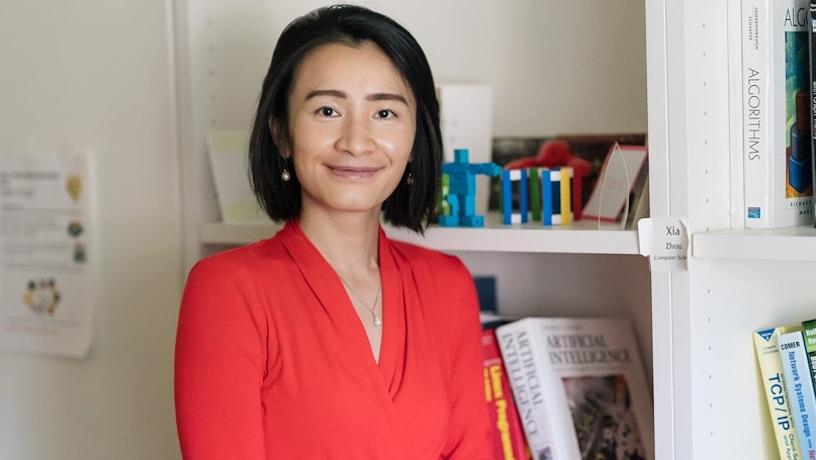
Xia Zhou
Xia Zhou joined the Department of Computer Science as an associate professor in July 2022.
Zhou obtained her PhD from University of California Santa Barbara in 2013, her MS from Peking University in China in 2007, and her BS from Wuhan University in China in 2004.
Zhou is an expert in mobile computing and networks whose research is focused on wireless systems and mobile health. Zhou joins Columbia after nine years at Dartmouth where she was the co-director of the Dartmouth Networking and Ubiquitous Systems and the Dartmouth Reality and Robotics Lab. At Columbia, she will direct the Mobile X Laboratory. She is the winner of the Presidential Early Career Award for Scientists and Engineers, the ACM SIGMOBILE Rockstar Award, the N2Women: Rising Stars in Networking and Communication award, an Alfred P. Sloan Research Fellowship, and a NSF CAREER Award.
In 2023, Columbia Engineering will welcome Juliana Carneiro, assistant professor of chemical engineering; Santiago Correa, assistant professor of biomedical engineering; Elizabeth Paul, assistant professor of applied physics and applied mathematics; Anish Agarwal, assistant professor of industrial engineering and operations research; Kostis Kaffes, assistant professor of computer science; and Asher Williams, assistant professor of chemical engineering.
